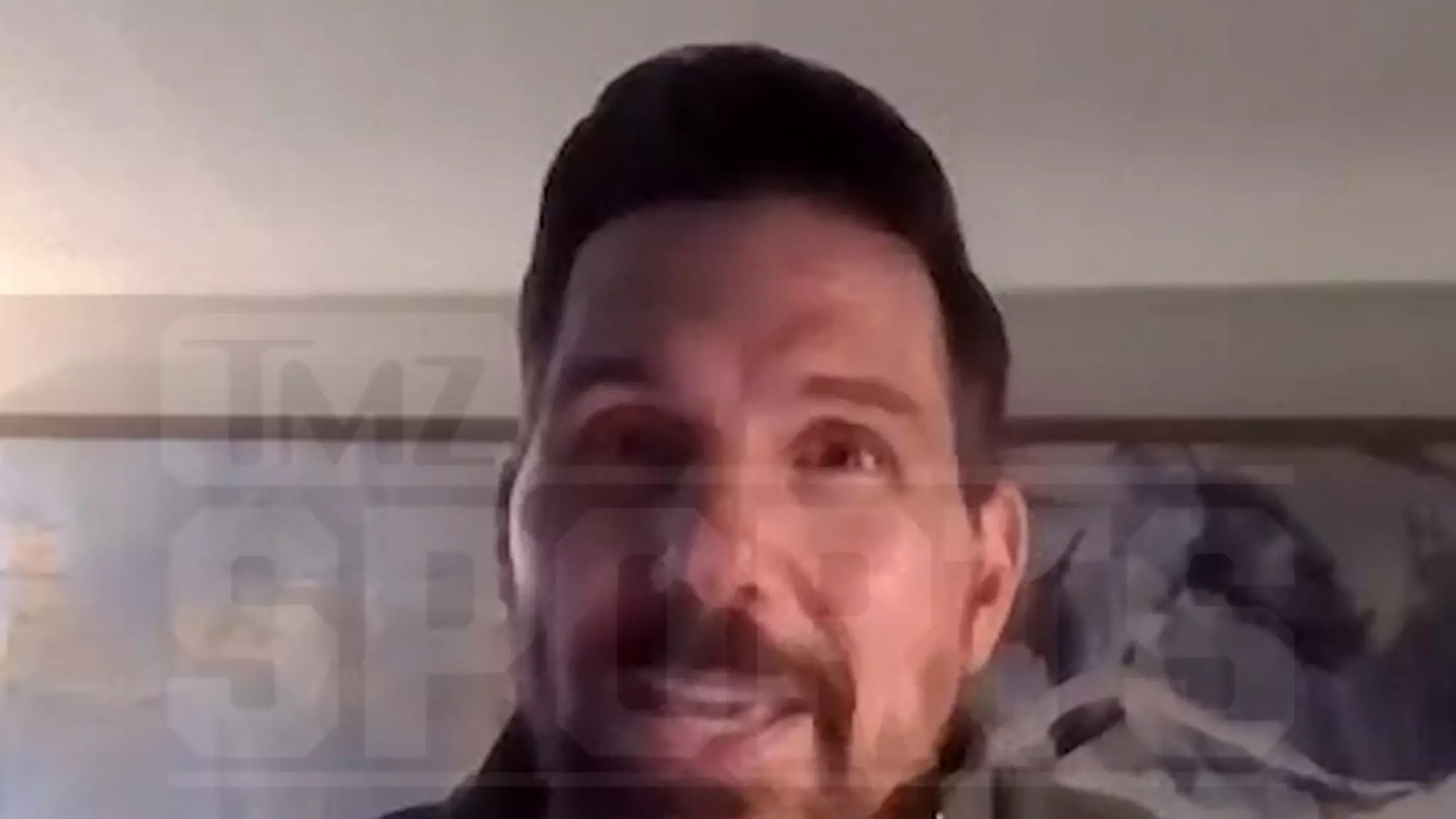In the world of professional sports, conspiracy theories often run rampant, especially when it comes to refereeing and officiating decisions in high-stakes games. Recently, Dean Blandino, the former head of NFL officiating, delivered a clear message: there is no grand conspiracy to help the Kansas City Chiefs reach the Super Bowl. This assertion challenges the numerous accusations and theories swirling among fans who believe that the league favors certain teams over others.
Blandino’s deep involvement in the NFL—where he served from 2013 to 2017—grants him unique insight into the inner workings of officiating. He firmly states that even if close calls seem to favor the Chiefs, there is no coordinated effort from the league’s upper echelons to manipulate outcomes in their favor, specifically under the leadership of Commissioner Roger Goodell. This direct critique of conspiracy theorists refutes the suggestion that NFL officials are part of a scripted agenda.
While Blandino acknowledges that teams may sometimes get advantageous calls, he emphasizes that such instances are often coincidental rather than premeditated. For fans, especially those of rival teams, hearing that these breaks might simply be luck may be frustrating. However, Blandino’s claim that all teams experience these ebbs and flows over the course of a season highlights the unpredictable nature of sports.
The debate around officiating accuracy raises broader questions about human error in sports. Fans and analysts alike often scrutinize officiating decisions, but the reality is that referees, being human, will make mistakes. Blandino’s stance serves as a reminder that not every close call is indicative of bias, but rather a reflection of the inherent imperfections of officiating.
Within the NFL’s Inner Circle
Blandino’s comments also provide a glimpse into the culture at NFL headquarters. His humorous quip about never being invited to a “script-writing” room hints at an organizational transparency—or lack thereof—regarding officiating directives. This notion suggests that if any such plotting existed, it would be difficult to maintain without leaks, affirming the integrity of the officiating community.
Though fans may not want to accept that close calls can tilt the scales intermittently, they are an integral part of any competitive sport. The Chiefs being the recipients of these ambiguous calls reinforces the idea that, at times, they might be in the right place at the right time, rather than being beneficiaries of officiating favoritism.
As the NFL continues to evolve, Blandino outlines potential upcoming changes, particularly regarding specific plays like the Eagles’ controversial “tush push” and even kickoff rules. This forward-looking perspective emphasizes that the league is constantly reviewing and adapting its regulations, suggesting that no single team—Chiefs or otherwise—will have an everlasting advantage.
Blandino’s insights unveil a layer of truth to the complexities of NFL officiating. The interplay of chance, skill, and the ever-looming specter of conspiracy will continue to captivate football fans. However, a clear-eyed approach reveals that, ultimately, the game is unpredictable, and no single entity controls its narrative.

Leave a Reply